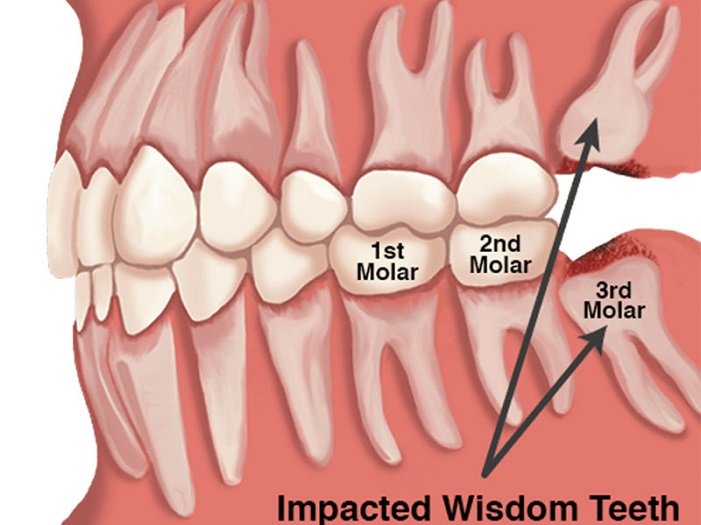Wisdom teeth, those pesky molars that often cause a ruckus in our mouths, have a peculiar name that begs the question: why “wisdom” teeth? These third molars, typically emerging in the late teens or early twenties, carry more than just a quirky label; their nomenclature holds a tale deeply rooted in human history and evolution.
The Origin of the Name
The moniker “wisdom teeth” doesn’t stem from their role in boosting intelligence or bestowing wisdom upon their bearers. Rather, their title finds its origins in their appearance timeline. As these molars usually erupt later in life, coinciding with an age traditionally associated with maturity and wisdom, the name stuck.
Evolutionary Insights
Delving deeper, the evolution of human diets provides a key insight into the role of these third molars. Our ancestors’ diets primarily consisted of rough, hard-to-chew foods like roots, nuts, and raw meat. These diets necessitated additional molars for effective grinding and chewing, hence the evolution of wisdom teeth.
A Not-So-Wise Dilemma
Fast forward to modern times, and our dietary patterns have significantly transformed. With advancements in cooking techniques and food processing, our diets have become softer, requiring less heavy-duty chewing. Consequently, the need for these extra molars has diminished, leading to numerous issues when they try to erupt.
Common Problems and Solutions
More often than not, wisdom teeth pose problems like impaction, overcrowding, and misalignment. Their late arrival in the mouth’s already crowded space can cause pain, infections, and even dental misalignments. Dentists frequently recommend their extraction to prevent complications and maintain oral health.
Cultural Perspectives
Interestingly, diverse cultures worldwide have various names for these molars. In some places, they’re called “teeth of maturity” or “adult teeth,” aligning with the age correlation. Other cultures relate them to the appearance of certain stars or use different descriptive terms based on their position in the mouth.
Read More:
Influencers Gone Wild: Meg Turney, Vicky Stark, and Corinna Kopf
Conclusion
While these molars might not bestow wisdom upon us, their name ties back to an era when their appearance coincided with a stage of life associated with increased knowledge and maturity.
However, in our modern lives, wisdom teeth often cause more trouble than insight. Understanding their evolutionary backstory and the changes in human diets helps demystify their name while highlighting their diminishing relevance in our oral health.
Embracing dental consultations and heeding professional advice regarding the management of wisdom teeth issues is crucial for maintaining optimal oral health in the contemporary world.
Next time you ponder why they’re named “wisdom teeth,” remember it’s not about enhancing wisdom but rather a nod to the era when they typically appeared, marking a stage of maturity and growth in human life.


